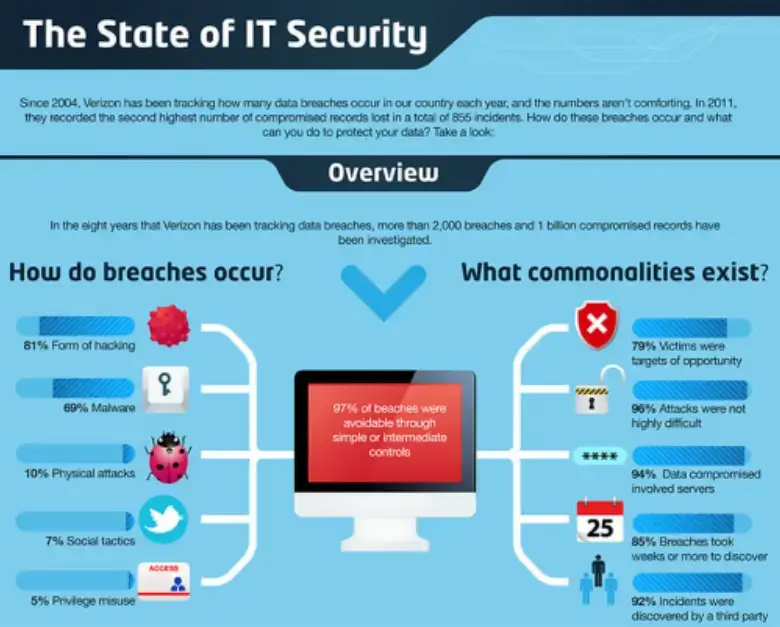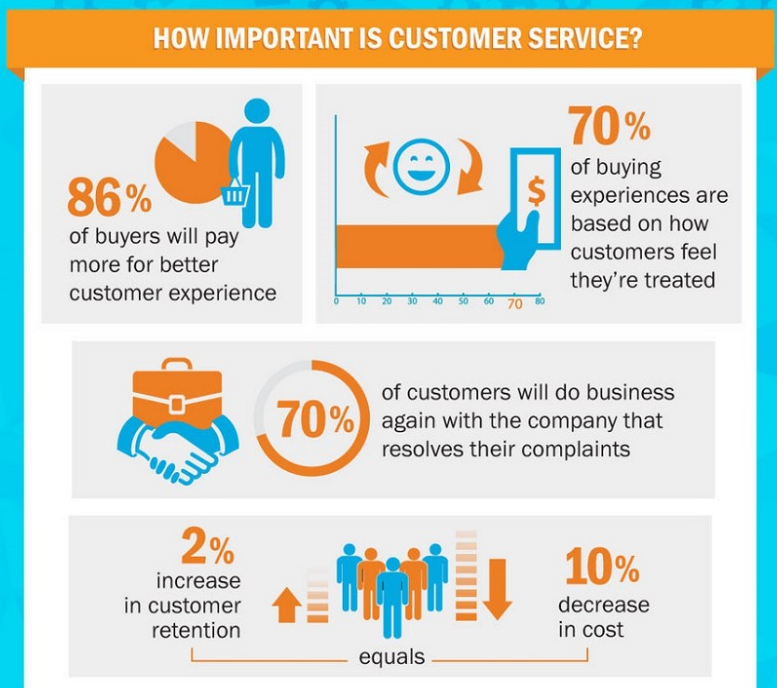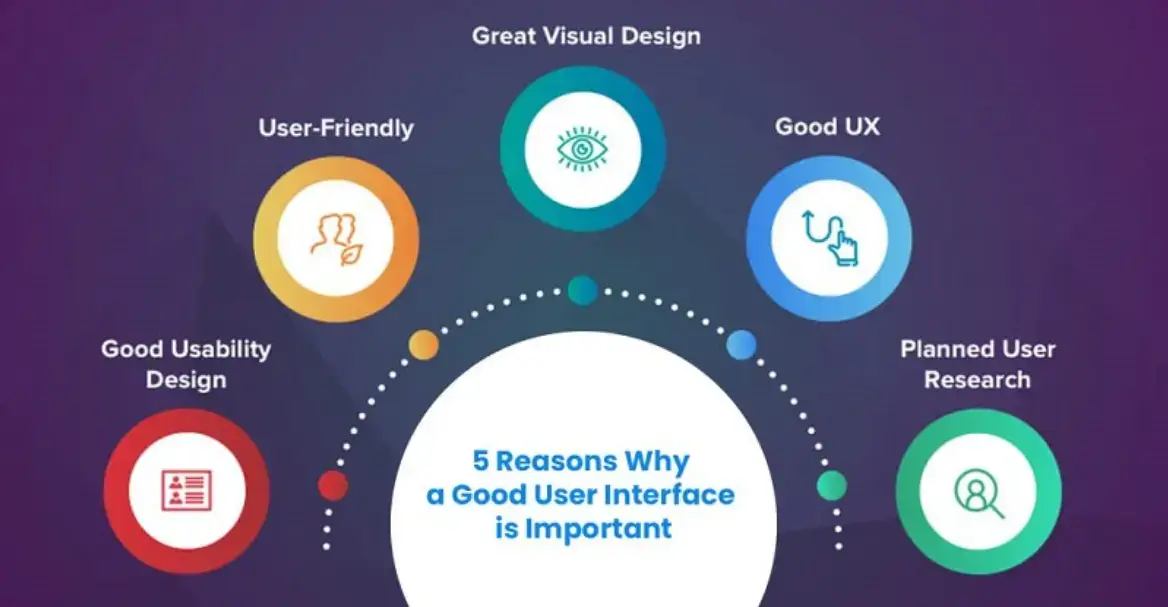Choosing the right web hosting for your small business in 2024 is crucial for online success.
Reliable hosting ensures your website is fast, secure, and always accessible. Website load times significantly impact user engagement and conversion rates.
In addition, security is a top concern for small businesses.
A study by a leading cybersecurity firm found that 43% of cyberattacks target small and medium-sized businesses, emphasizing the importance of robust security features provided by a reliable hosting provider.
Article Shortcuts:
What is Web Hosting and Why Choosing the Right One is Important?
Web hosting is a service that allows individuals, businesses, or organizations to make their websites accessible on the Internet. It involves the storage of website files, databases, and other elements on a service that’s connected to the internet.
Selecting the right web hosting is crucial for assorted reasons.
First, it directly influences website performance, affecting load times and user experience.
Reliability and uptime are vital to ensure your site is always accessible. Security is paramount to protect against cyber threats and data breaches. If your ranking dropped dramatically, it might be due to the issues caused by your hosting.
Scalability accommodates growth, while responsive customer support is invaluable for problem resolution.
Cost-effectiveness, server location, backup options, CMS compatibility, and resource scalability are all essential considerations for choosing the optimal web hosting service for your business.
Main Things to Consider
- The right type of web hosting for your needs
- Server uptime and load time
- Scalability
- Security
- Backup and restore options
- Customer support
- User-friendly interface, control panel, and flexibility
- Pricing
- Free domain and SSL
- Reputation and reviews
In this next section, we’ll delve into the main factors that should be at the forefront of your mind when deciding how to host the website for your small business in 2024.
The following key considerations will help you make an informed decision, ensuring your website’s performance, security, and overall success in the online landscape.
1. The right type of web hosting for your needs

Choosing the right type of web hosting is an important consideration because it directly impacts your website’s performance, security, and overall success.
It’s also one of the first things to do before creating your business website.
There are several different types of web hosting available. While it might be tempting to go for the cheapest option, it could lead to problems in the future.
The different types include:
- Shared Hosting: This is a very popular option for small businesses and websites that require minimal customization. It’s a very economical option because several websites are hosted on one server. However, it can be prone to slow connection speeds or service disruptions.
- Virtual Private Server (VPS Hosting): This is a similar setup to shared hosting, but each website’s files and content are housed in its own dedicated space on the server. The cost is a little higher, but the service is more secure and scalable for your needs, plus you can modify the server and install any software you need. VPS hosting can be managed or unmanaged, depending on your needs.
- WordPress Managed Hosting: In addition to WordPress hosting, providers of this service also offer technical support and software updates specific to WordPress. The advantages of this hosting include scalability, speed, and security.
- Cloud Hosting: With cloud hosting, your website is hosted on multiple servers for maximum connection speeds and performance. It’s more expensive than shared hosting, but the benefits include fewer connection or speed issues and the ability to handle traffic surges with ease.
- Dedicated Hosting: With dedicated hosting, a website has sole use of the entire server. With a dedicated server, security and connection issues are minimized. However, it does come with a much higher price.
2. Server uptime and load time
Web hosting speed is crucial since it directly impacts how fast your website will load.
If your website is complex with lots of content, videos, gifs, and other advanced elements, a higher-tier package ensures your website is hosted on servers that are fully optimized for speed.
You can always think about getting advice from professional web developers. This way, you ensure you get what you need for your website.
3. Scalability
Scalability is another important factor to consider when choosing a web hosting service.
Are you planning to grow your website or upgrade your eCommerce store in the future? Will your hosting service be able to match your growth?
Is the hosting offering an easy way to scale up, such as dedicated hosting options or the option of VPS?
The right web hosting for you can handle the growth of your website, or give you the option of dropping to a lower-tiered plan if you decide to take a break.
4. Security

Another important aspect you can’t afford to skimp on is security.
It’s recommended that you choose a provider that offers a free SSL certificate, regular checks for malware and a means to remove it, and protection against hacking, DDoS attacks, and other cyber threats.
5. Backup and restore options
Backup and restore options are crucial considerations when choosing web hosting for several significant reasons:
- Data Protection: Robust back options ensure your website’s data and content are regularly and securely stored, reducing the risk of permanent data loss.
- Business Continuity: Reliable backup and restore options help you quickly recover and restore your data in the event of unexpected issues like a website crash or data corruption.
- Security: Cyberattacks and data breaches can compromise your website’s integrity. With proper backup and restore mechanisms, you can recover from a security incident by restoring your website to a point before the breach occurred.
- Content Management: Content changes over time and sometimes mistakes are made during updates or content management. Being able to revert to previous versions can be valuable and ensures you can maintain the integrity of your website.
- Legal and Compliance Requirements: Some industries and regions have specific requirements for data retention and disaster recovery. Proper backup and restore options can help you comply with these regulations.
- Customer Trust: Data loss or extended website downtime can erode customer trust. Being able to back up and quickly restore your website demonstrates your commitment to providing a reliable online customer experience.
6. Customer support

Most hosting providers offer 24/7 customer support either by email, phone, or live chat. When choosing your provider make sure your hosting plan includes full support with your preferred communication method.
If customer support is available around the clock, it minimizes the risk of website downtime as any issues can be discussed and resolved immediately.
Some hosting companies might only provide limited support while others will charge a premium but walk you through fixing things that break on your site.
Read more about customer service.
7. User-friendly interface, control panel, and flexibility

Look for a web hosting provider that offers an intuitive user interface and control panel.
Such features save time if you ever need to make changes or updates to your website. Other features of a good web host are one-click installations for popular content management systems such as WordPress or Drupal making it easier to decide between WordPress vs Drupal depending on your specific needs.
If you’re unfamiliar or not confident with coding, a drag-and-drop website builder will be invaluable.
Windows VPS hosting is a fine example that ticks all these boxes.
Because it’s Windows-based, users can do everything with ease. This is due in no small part to the fact that the Windows user interface and operating system are things that so many people are familiar with.
8. Pricing
The price you pay for website hosting can vary considerably, from a few dollars to hundreds of dollars per month. It’s therefore essential that you find a plan that suits your budget.
Remember to consider the renewal cost as well since some providers offer low rates for new customers and then increase the price at renewal time.
In addition, keep in mind that there may be some hosting features you don’t need or can live without. Look for a plan that offers the best value.
9. Free domain and SSL
Free domain and SSL (Secure Sockets Layer) are important considerations when choosing web hosting for the following reasons:
- Professionalism: A custom domain projects professionalism and brand identity and is more memorable and trustworthy. A free DNS makes it easier for you to establish a professional online presence.
- Brand Recognition: A unique domain name is vital for brand recognition and consistency across your online presence.
- Credibility: Having your domain demonstrates your credibility and commitment.
- SEO Benefits: Search engines often favor websites with custom domains over subdomains or free-hosted sites.
- Security: SSL certificates encrypt data transmitted between your website and visitors, safeguarding sensitive information. Many web hosting providers offer free SSL certificates, enhancing your site’s security.
- User Trust: An SSL-secured website is marked as “secure” in browsers, which increases user trust.
- Data Protection: SSL helps protect data privacy and integrity which is crucial for any website that collects or transmits sensitive information.
- Compliance: A free SSL certificate can help you meet compliance standards and avoid legal issues.
10. Reputation and reviews

Reputation and reviews play a pivotal role in the selection of web hosting services.
A hosting provider’s reputation reflects its track record and reliability. A well-regarded provider is more likely to offer stable and accessible services, reducing the risk of website downtime.
Reviews from current and past users offer firsthand insights into the provider’s performance, customer support, security features, and scalability.
They provide a realistic view of the hosting experience, helping you assess the level of assistance and quality of service you can expect.
Customer feedback also highlights any issues or challenges faced by users, enabling you to make an informed decision.
Positive reviews instill confidence in a hosting provider’s ability to deliver on its promises, while negative reviews may raise red flags.
In an era where an online presence is vital, choosing a hosting provider with a strong reputation and positive reviews can significantly impact your website’s performance, security, and overall success.
Ultimately, this contributes to your online credibility and user trust.
For businesses handling sensitive data, security and interoperability are paramount. Apart from securing your web hosting, consider exploring additional capabilities that drive business productivity.
For instance, understanding how to become EDI capable can significantly streamline your operations by automating data exchanges with partners.
Wrapping Up
In 2024, the choice of web hosting for your small business is more critical than ever.
Your online presence is the gateway to success in the digital world, and the hosting provider you select can make or break that success. By considering the ten vital factors we’ve explored, including performance, security, scalability, and more, you can make an informed decision.
Remember, your small business deserves hosting that offers reliability, protection, and support to ensure your website runs seamlessly and securely.
It’s a strategic investment that can lead to increased user trust, higher search engine rankings, and overall growth in the ever-evolving online landscape.
Author Bio
Veselin Mladenov is a Digital Marketing and SEO specialist with 3 years of experience as a Content and Affiliate Manager of ThriveMyWay and more than 10 years in the field of corporate marketing and sales.




